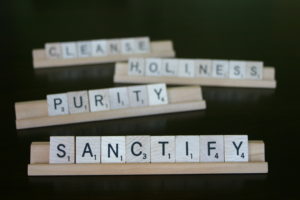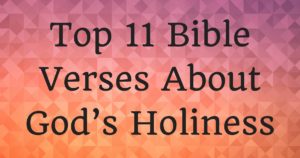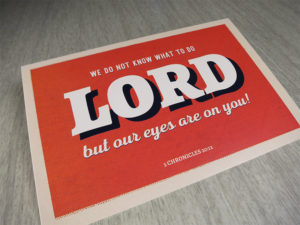
Numbers 16:1–17:13
My full title for Numbers 16:1–17:13 was:
“He will bring us into this land”: And We Will Respect God’s Choice of Who Leads and Who Serves
I am writing this with a half-hour to go before the first 2020 Presidential Election. How’d you like to be those two?! How’d you like to be Moses or Aaron?
The infamous rebellion against Moses and Aaron recorded in these chapters is one of the most intense narratives in the Old Testament. What makes it even more intense to preach or teach is that we’re living in days when leadership at all levels faces skepticism and cynicism.
To help you tackle this large preaching portion you might consider the following structure:
- Two more challenges to leadership (vv. 1-3a, 41)
- The wrongheaded thinking that causes it (vv. 3b, 12-14)
- Our response to the situation (vv. 21, 24, 26-27a, 45)
- God’s judgment and mercy (vv. 4-11, 22, 27b-40, 46-50; 17:1-13)
(I know that’s a lot of verses, but if you have time, take a look at the fit between these verses and the major points.)
First, simplify the sermon by noting that Korah and company function as a “go and do otherwise” exemplar. So we worship this morning by not following their attack on God’s leadership. Put positively, we respect God’s leadership.
Second, be ready to dig in theologically when you get to 16:3-5 and the question of whether only Moses and Aaron were holy or, according to Korah, the whole congregation was equally holy.
Third, Moses’s reaction was incredible to me. I think I would be tempted in light of the attack against him to gladly agree with God’s plan (16:21). Instead Moses intercedes for the congregation!
Fourth, as we’ve seen so often in Numbers, this lengthy narrative provides an excellent opportunity to highlight the holiness and judgment of God.
Finally, God’s mercy and Israel’s confession/repentance are highlighted in these scenes as God stops the plague and Israel says,
“Behold, we perish, we are undone, we are all undone. Everyone who comes near, who comes near to the tabernacle of the Lord, shall die. Are we all to perish?” (17:12-13)
And if you’re fond of a Christ-centered reading of such texts, you might land on 16:22 (“…shall one man sin, and will you be angry with all the congregation?”) or 16:47 (“And [Aaron] put on the incense and made atonement for the people”). Concerning the former, one man, Adam, did sin and the human race experienced the judgment of God. However, one Man, Jesus Christ, was righteous and faced the judgment of God so that we by faith could be acquitted. The second one is an easy leap to the cross.
And as always, may our Lord receive glory in the church and in Christ Jesus (Ephesians 3:21) as you work hard for Him each weekend.
Randal









